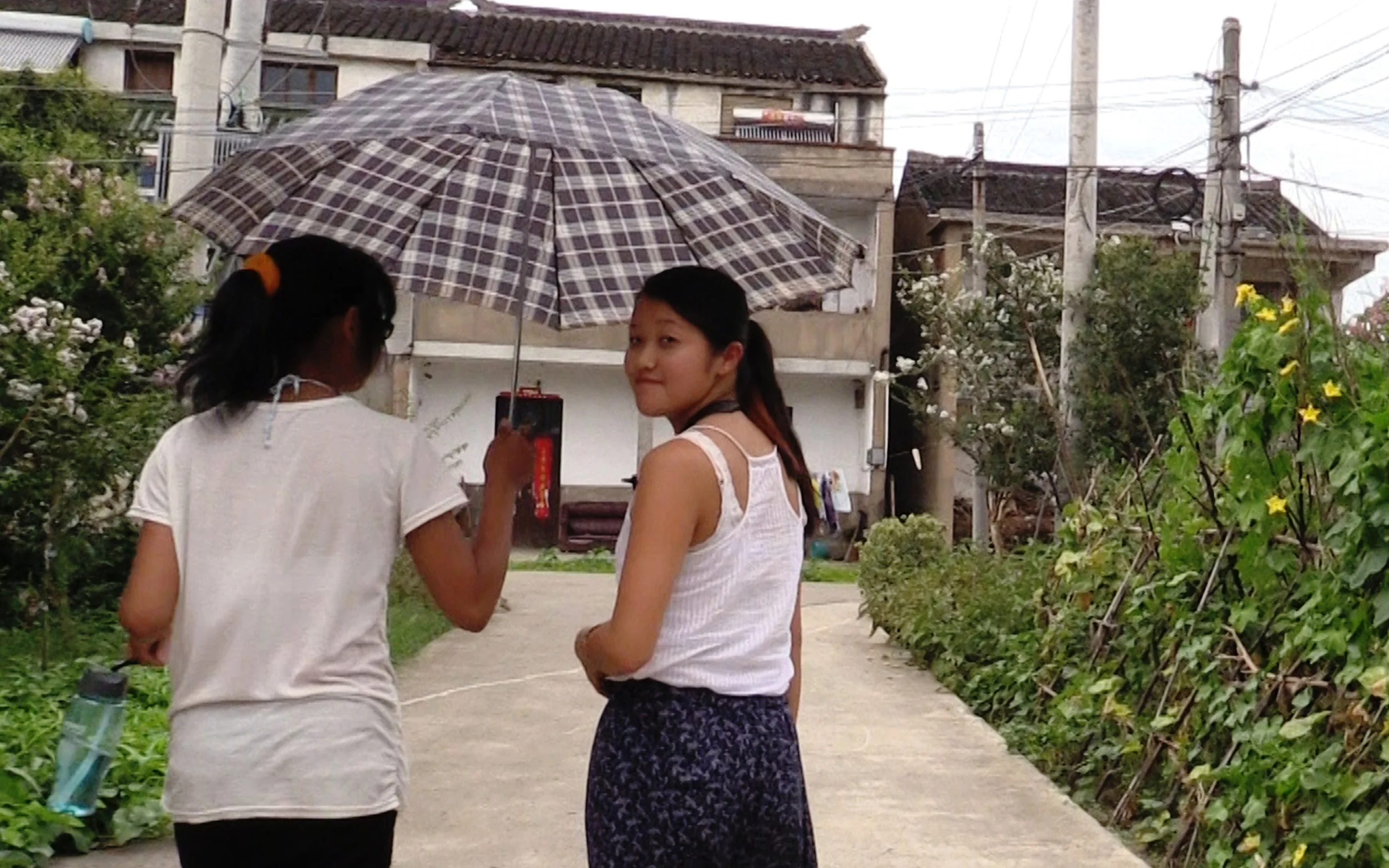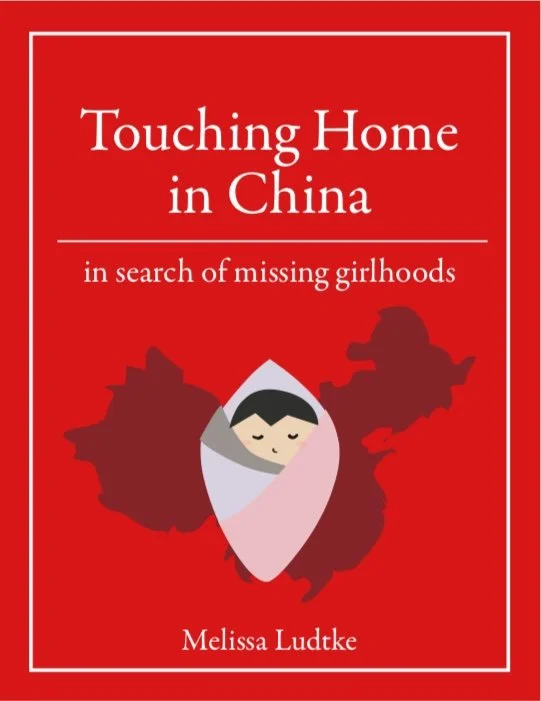WEBSITE and iBook series
Touching Home in China: in search of missing girlhoods
In "Touching Home in China," teenage girls narrate stories about their lives as daughters in rural China and in America. When they were16 years old, two American adoptees, who as infants were found in farming towns and taken to a local orphanage during China's one-child policy, returned to these towns and spent time getting to know girls their age who grew up there. The American girls lived in an orphanage for nine months before being adopted by families and they grew up as friends near Boston, MA. In returning to these villages in China, the girls focus a lens on the lives of rural daughters in 21st century China. Their experiences provide perspective on adoptees' exploration of identity given the duality of their young lives.
“What does it mean to be American? What does it mean to be Chinese? And how, as an adopted Chinese daughter of an American Caucasian mother, do you find a balance that works for you? And how did China’s one-child policy make that a question faced by tens of thousands of Chinese-born American girls and young women? In search of perspective, Maya Ludtke traveled back to the town where she was born, meeting girls growing up as she might have, if her parents had kept her.”
Mini-documentaries, interactive graphics, slideshows, and audio clips are embedded into the narrative text that Melissa wrote. Using the girls' stories as building blocks, global educators selected key topics from their cross-cultural encounters to create thematic, project-based lessons. These lessons link to a digital resource library that is updated constantly with new articles, videos and journal papers, which are differentiated by learning topic and level. It is easy to navigate among the stories, lessons and resources on our website. Learning expands on the project's Facebook, Twitter and YouTube platforms. The stories are published as a series of iBooks, too.
Speaking with US-China Today about "Touching Home in China," Melissa noted the changing lives of girls and women in China in the wake of nearly four decades of its one-child policy: "The same one-child policy that led to me raising Maya [due to her abandonment] led to more families in China raising girls as only children," she said. In China, families have for centuries supported their sons' education before paying for their daughters' since by tradition she marries "outside of the family" and then "belongs" to that family. When a girl does not have a brother, chances improve that her family will invest what resources they have in her schooling now that her family's future wellbeing depends on her. "Many more young women graduate from high school and college since all of the family's resources, attention, and determination for them to succeed is goes to them," Melissa observed. Traditional cultural attitudes about women's roles still kick in as women enter the workforce.
“I am blown away by how ‘Touching Home in China’ uses engaging and interactive storytelling to help students grapple with a range of urgent topics from gender issues in China to bicultural identity in the United States.”
“Inspired by her adopted Chinese daughter’s search for identity, former Time correspondent Melissa Ludtke has created a vibrant multimedia project that largely grapples with the one-child policy and gender issues in China.”

